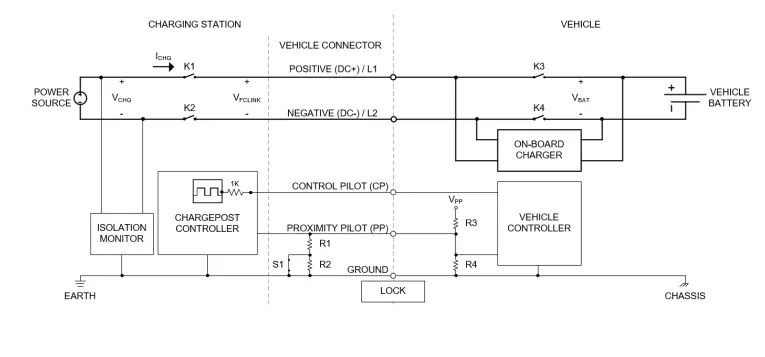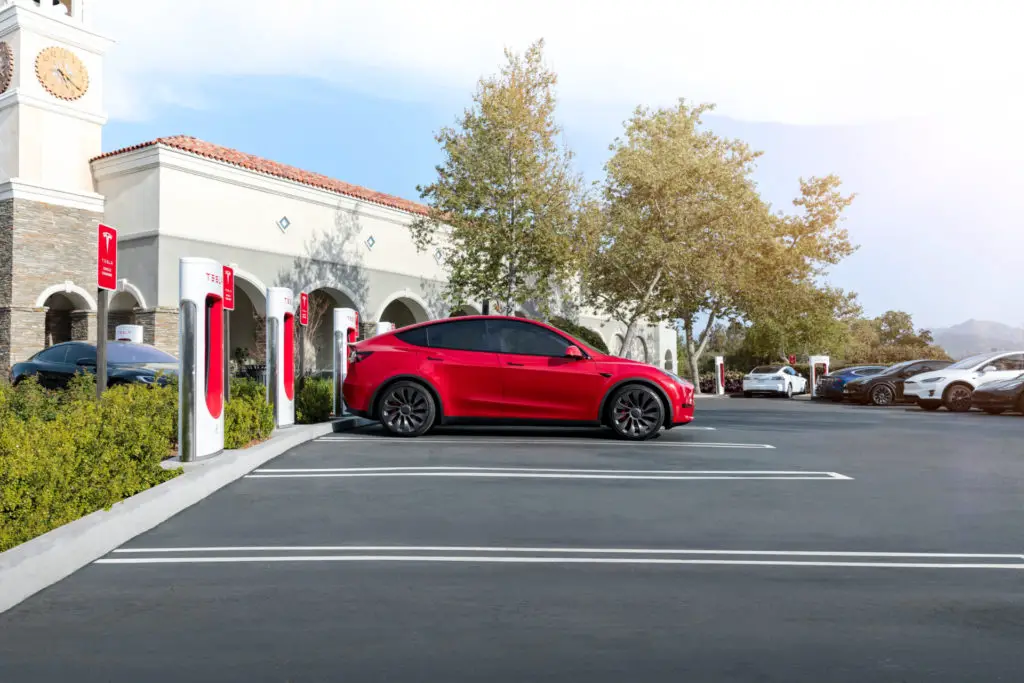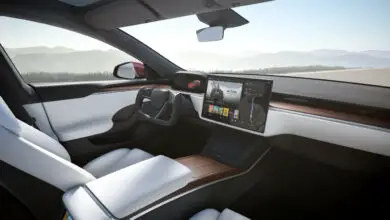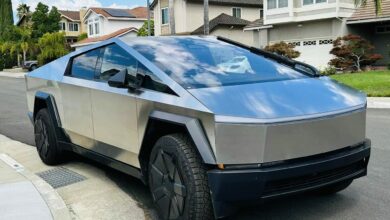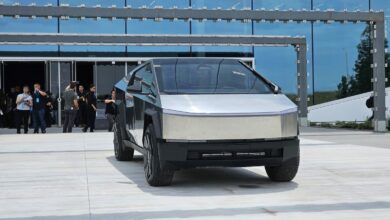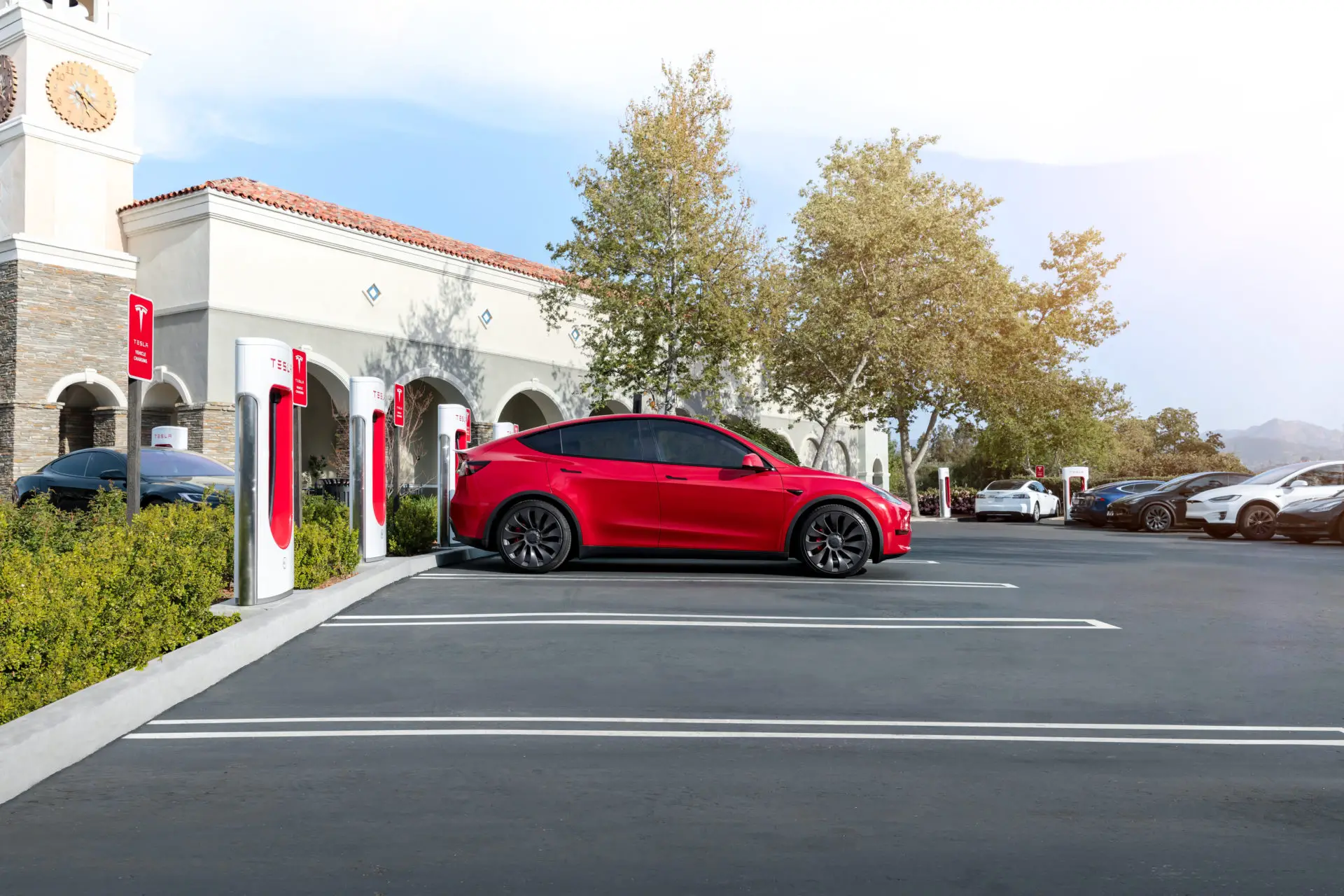
Tesla Sacrifices Charging Technology To Boost Sustainable Industry Future
Tesla have revealed the designs for the EV charging connector in a recent blog post and asked vehicle manufacturers and charging network operators to use the Tesla charging connector and charge port. Tesla claim that the connector offers AC charging with up to 1 MW DC charging in one package.
The EV makers describe the connector, saying:
“It has no moving parts, is half the size, and twice as powerful as Combined Charging System (CCS) connectors,”
The designs for both the connector and the port are available for free to other vehicle manufacturers and charging network operators as part of the company’s attempt to bring the industry closer to a sustainable future. The port and connecter has been renamed to the North American Charging Standard (NACS) and the company claims that it is the most common charging standard in North America.
Another great thing for Tesla owners is that they will be able to charge their vehicles on other networks without an adapter, shortly. Tesla have acknowledged that network operators are planning to include NACS at their chargers. Tesla said:
“We look forward to future electric vehicles incorporating the NACS design and charging at Tesla’s North American Supercharging and Destination Charging networks,”
The company will be hoping that this will help bring Tesla stocks back up after the news came out of its 17-month low amidst CEO Elon Musk’s Twitter takeover. On top of this, the Model 3 has just been found to be the most energy efficient in a European test against other electric vehicles, and the Cybertruck is still on track to be in mass production by the end of 2023. Hopefully for the company, this will all contribute to a comeback for the stock prices.
Musk has had a dramatic start to his Twitter takeover with the blue tick debacle, being hit with a lawsuit after dismissing roughly half of the workforce, and offering staff members with an ultimatum to end working from home. All of this, along with Musk selling a further $3.9 billion worth of Tesla stocks contributed to the 17-month low.
